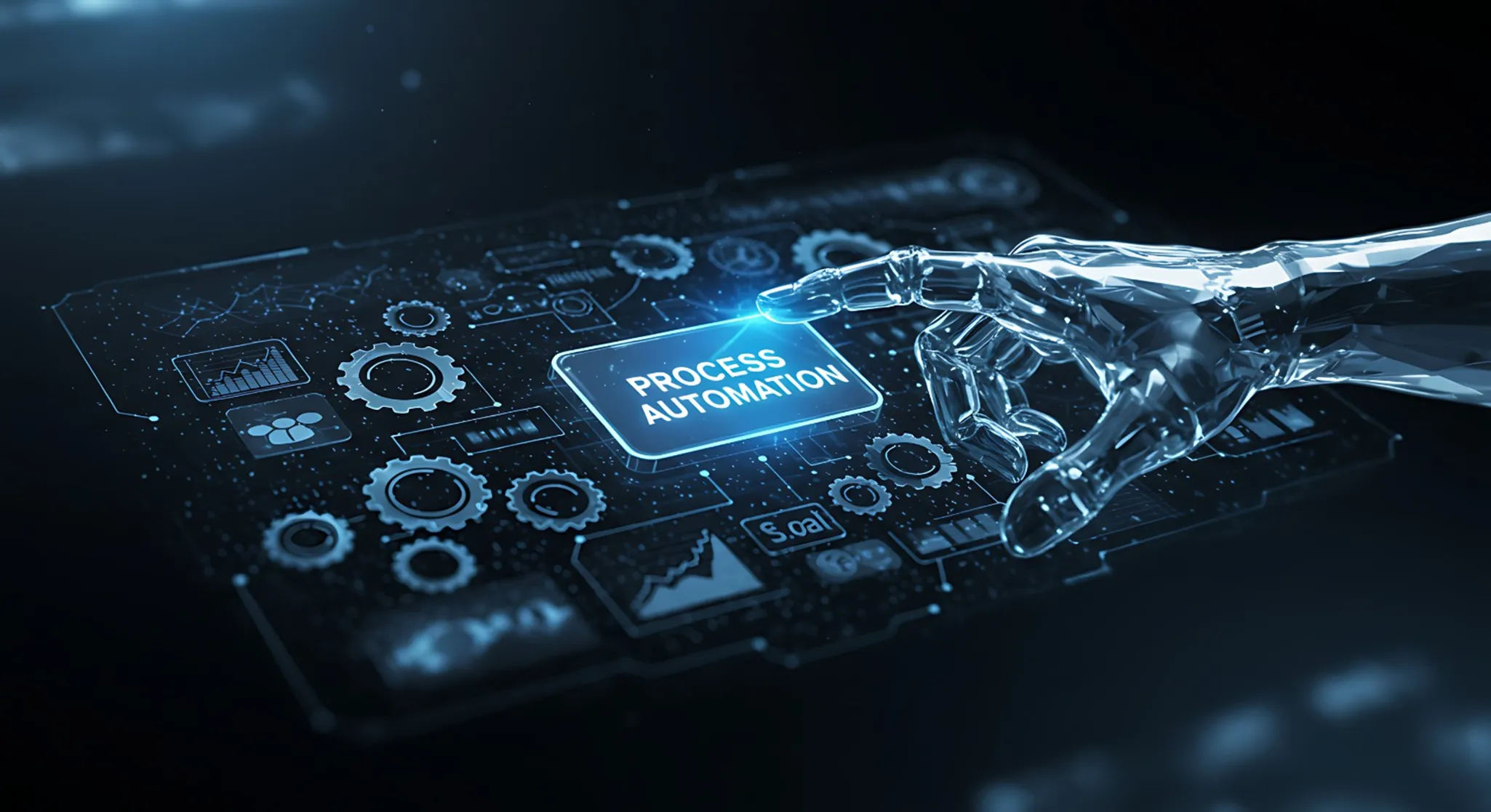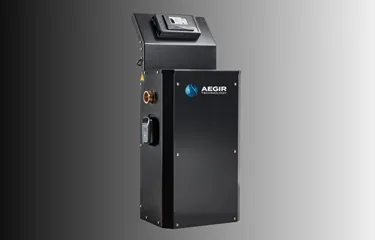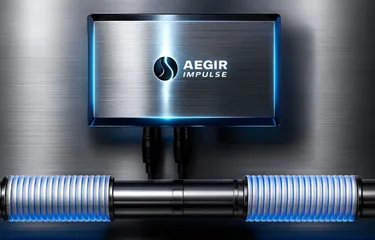Automation
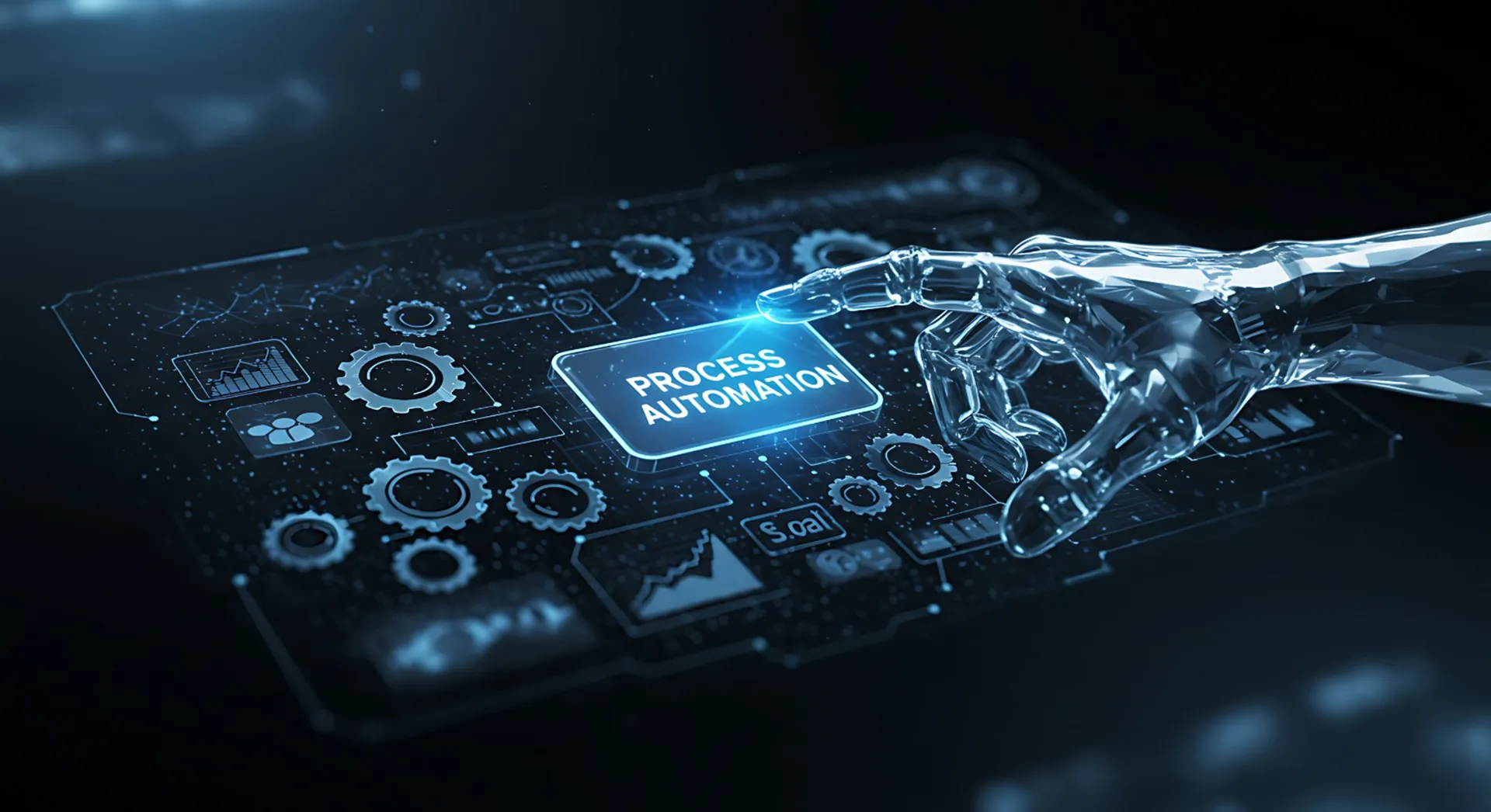
We offer advanced system integration solutions for waterborne systems and heating systems, focusing on improving measurement, monitoring, and remote control. Our solutions combine high-tech sensors, control systems, and communication technology to optimize performance and efficiency in your systems.
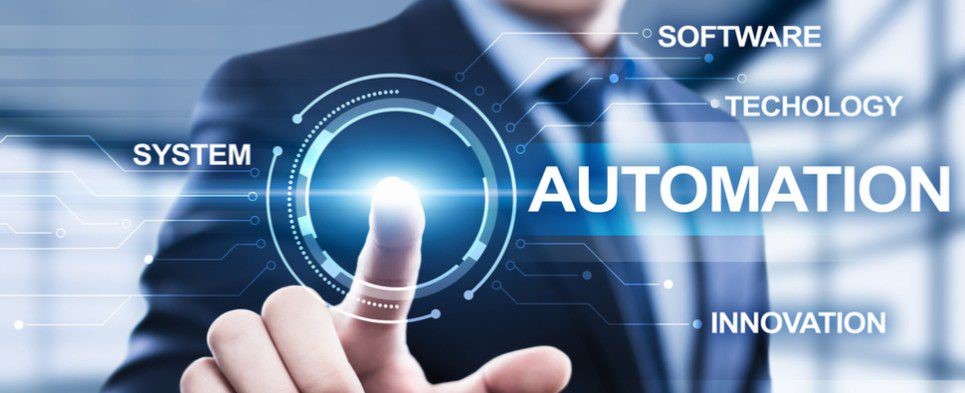 Measurement and Data Analysis
Measurement and Data Analysis
Our systems are equipped with precision sensors that continuously measure key parameters such as temperature, flow rate, pressure, and water quality. The collected data is analyzed in real-time to provide a detailed view of the system's condition and performance. Using advanced algorithms, we can identify deviations and potential issues before they lead to downtime or damage.
Remote Monitoring
With our solutions, you can monitor your system from anywhere. Our remote monitoring technology allows access to real-time data through secure web portals and mobile applications. This means you can keep track of the system's status, receive alerts about potential problems, and make quick decisions based on current information, whether you are on-site or remotely located.
Remote Control
Our system integration solutions also enable remote control of waterborne systems and heating systems. Using our platform, you can adjust settings, start or stop processes, and implement changes in the system directly from your computer or mobile device. This provides a high degree of flexibility and control, contributing to optimizing operations and reducing energy costs.
Integration with Existing Systems
We understand the importance of seamlessly integrating our solutions with existing systems. Our team of experts works closely with you to ensure our products are compatible with your current installations and that integration occurs smoothly without disruptions. We offer tailored solutions that are customized to meet your specific needs and requirements.

SCADA System Supervisory Control and Data Acquisition
SCADA systems are crucial for optimizing the operation of heating systems through real-time monitoring, control, and data analysis. Our SCADA solutions for heating systems provide comprehensive insights and control, resulting in increased efficiency, reliability, and cost savings.
Real-time Monitoring
The SCADA system collects data from various sensors and devices in the heating system, enabling real-time monitoring. This includes temperature, pressure, flow, and energy consumption. Operators can visually observe this data on a central control panel, providing a clear overview of the system's status.
Remote Control
Through the SCADA system, operators can remotely control components of the heating system. This allows them to adjust settings, start or stop equipment, and implement system changes directly from the control center or via mobile devices. Remote control enables quick response to operational changes and minimizes the need for physical presence.
Alarm Management
The SCADA system can configure alarms and alerts to notify operators of deviations or potential issues in the system. This enables immediate actions to prevent downtime and damage. Alarms can be sent via email, SMS, or other communication channels.
Historical Data Analysis
The system stores historical data to enable in-depth analysis and trend identification. By analyzing past operational data, operators can identify patterns, optimize operational strategies, and plan preventive maintenance. This contributes to improving long-term performance and reliability.
Energy Management
The SCADA system helps monitor and optimize energy consumption in the heating system. By analyzing energy data, operators can implement energy-saving measures, reduce waste, and lower operating costs. The system can also contribute to achieving sustainability goals and reducing environmental impact.
Integration with Other Systems
Our SCADA solutions can easily integrate with other systems and platforms, such as Building Management Systems (BMS), to create a cohesive and efficient operating environment. This provides a holistic view of the building's total energy performance and enables coordinated control of various technical systems.
Applications
Future Development
The future SCADA systems for heating systems will integrate advanced technologies such as Artificial Intelligence (AI) and Internet of Things (IoT). AI-driven analytics will predict maintenance needs and automatically optimize operational strategies, while IoT devices will enable more detailed and precise monitoring and control.
